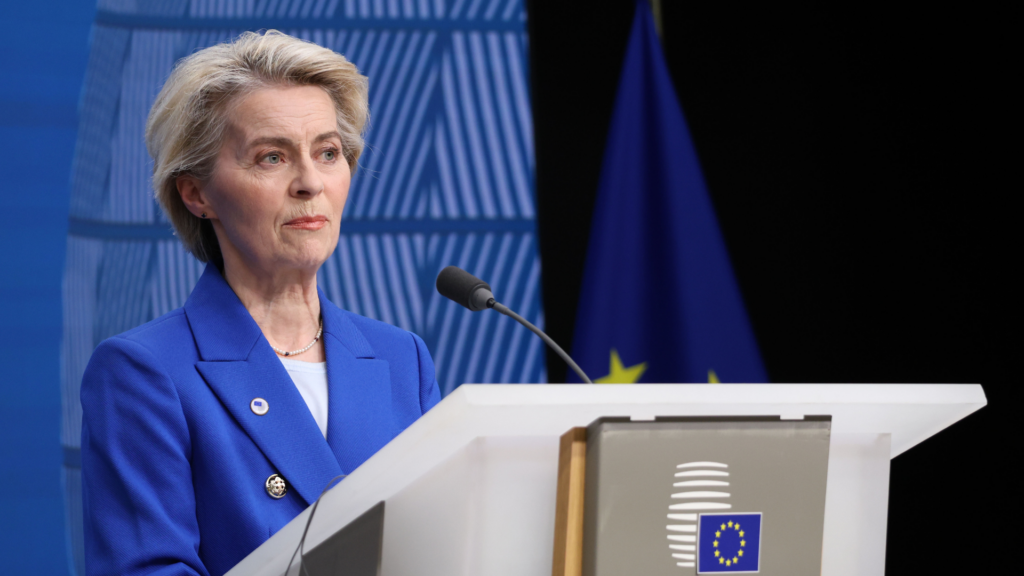A signed letter has been sent to the European Commission President on Tuesday calling for a ban on all trade with illegal settlements in the West Bank, a Palestinian territory occupied by Israel since 1967, and East Jerusalem.
Although products from these settlements are excluded from the preferential tariffs provided for in the EU-Israel Association Agreement, this does not mean that they are banned from access to the European market, the organisations complain.
In this letter, launched by Human Rights Watch and signed by more than 160 NGOs, trade unions and civil society organisations, they call on the EU to take urgent measures to "comply with international law" and "end Europe's support for illegal settlement activity and related abuses."
The organisations point out that the 27 EU Member States have already condemned these settlements on several occasions, describing them as "illegal" and "obstacles to peace." Two series of European sanctions targeting Israeli settlers have also been adopted in the past.
EU doesn't respect obligations
The NGOs and trade unions also point out that the International Court of Justice (ICJ) has "explicitly stated that States 'have an obligation to prevent and refrain from trade or investment relations "which contribute to the maintenance of the illegal situation created by Israel in the occupied Palestinian territories'."
However, "the EU's current policies do not respect these obligations," they argued.
The signatories are therefore calling for an end to all trade with settlements in the West Bank and East Jerusalem, through new European legislation.
The letter was signed by 163 NGOs, trade unions and civil society organisations, including several Belgian representatives such as the CNCD-11.11.11, the FGTB, the CSC, the Association Belgo-Palestinienne (ABP) and the Union des Progressistes Juifs de Belgique (UPJB).
The European Commission did not reply immediately to a request for a comment on the letter. It is likely that the issue will be raised at the upcoming EU-Israel Association Council meeting at the margins of next Foreign Affairs Council.
According to current rules, entities and research projects in the occupied territories are not eligible for EU funding. The EU also requires that products from settlements should be labelled to inform consumers in the EU about their origin. The import to the EU of such products is insignificant and is estimated to only about 1 % of the total import from Israel.
Update: A previous version of the article has been updated.

